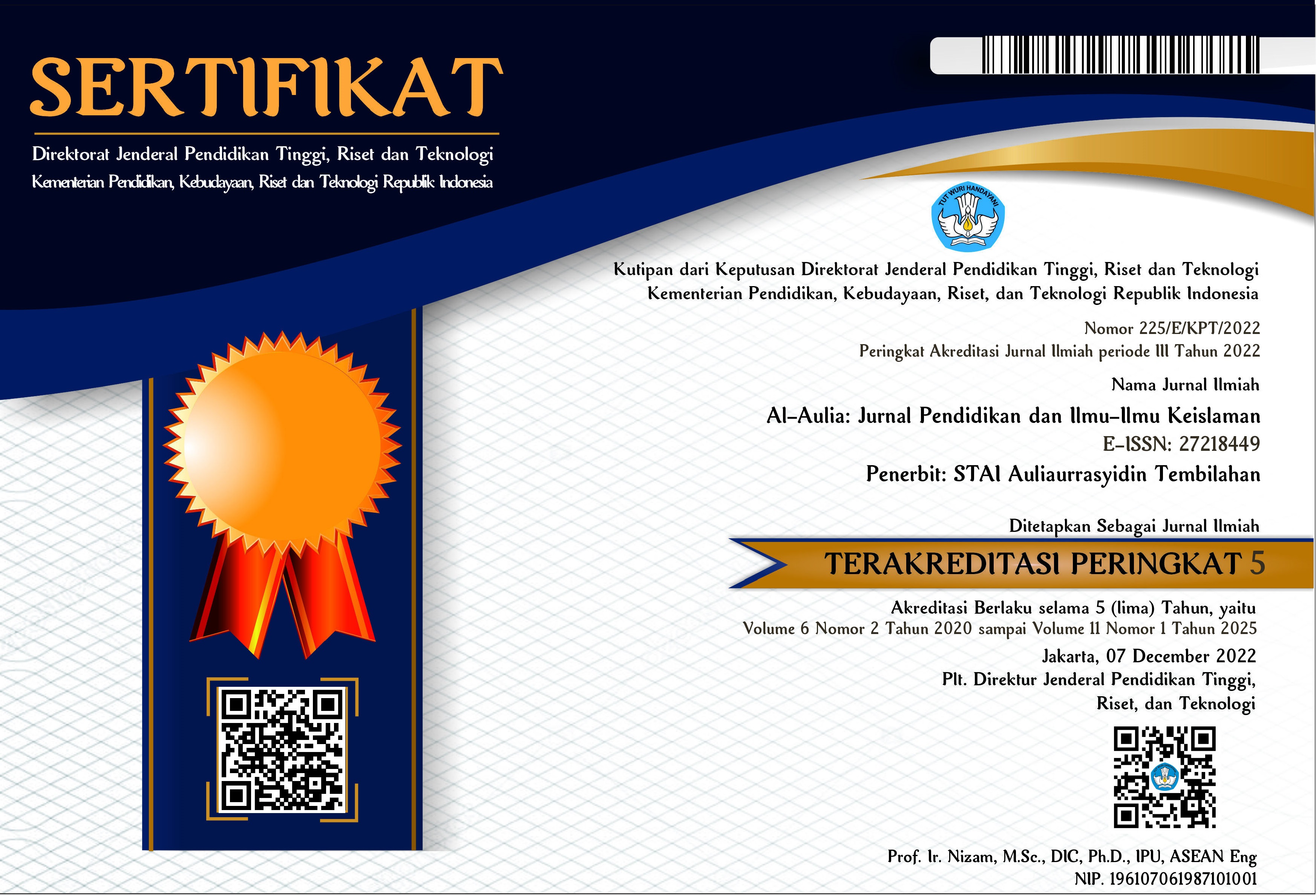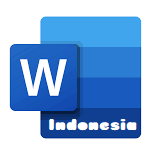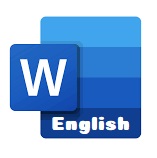Pembelajaran Integratif dan Hasil Belajar
Keywords:
Intergative, Learning, OutcomesAbstract
Education plays an important role in the intellectual life of the nation, therefore from time to time efforts are always made to improve the quality of education. Improving the quality of education can be seen from the success in formal education in the form of student learning outcomes. Meanwhile, student
learning outcomes are largely determined by the success of a teaching system. This means that the learning process is very decisive. This integrative learning is based on the view that learners or students build their own understanding of the topics they are studying rather than simply recording lessons in a systematically arranged form. This paper aims to make teachers understand the importance of being integrated in the learning process in order to increase good learning outcomes in learning
References
Paul Eggen & Don Kauchak, Strategic and Models for Teachers: Teaching Content and Thingking Skills.
Poerwadarminta, Kamus Umum Bahasa Indonesia, (Jakarta: Balai Pustaka, 2003)
Sebastian Muda, Komponen Pembelajaran KTSP, (Jakarta: Adi Raharja, 2008)
Said Ali, Evaluasi Pembelajaran, (Jakarta: Remadja Rosdakarya, 2009)
Andi Kosasi, Evaluasi Pendidikan, (Bandung: Tri Bersaudara, 2008)
Munandar, Evaluasi Hasil Belajar Siswa, (Bandung: Balai Pustaka, 2004)
Mohammad Mukmin, Metode Belajar Aktif, (Bandung: Buana Karya, 2007)
Munandar Arman, Karakteristik dan Sistem Penilaian Hasil Belajar Siswa, (Bandung: Alpabeta, 2009)
Downloads
Published
Issue
Section
License
Authors who publish with this journal agree to the following terms:
1. Copyright on any article is retained by the author(s).
2. The author grants the journal, right of first publication with the work simultaneously licensed under a Creative Commons Attribution License that allows others to share the work with an acknowledgment of the work’s authorship and initial publication in this journal.
3. Authors are able to enter into separate, additional contractual arrangements for the non-exclusive distribution of the journal’s published version of the work (e.g., post it to an institutional repository or publish it in a book), with an acknowledgment of its initial publication in this journal.
4. Authors are permitted and encouraged to post their work online (e.g., in institutional repositories or on their website) prior to and during the submission process, as it can lead to productive exchanges, as well as earlier and greater citation of published work.
5. The article and any associated published material is distributed under the Creative Commons Attribution-ShareAlike 4.0 International License







